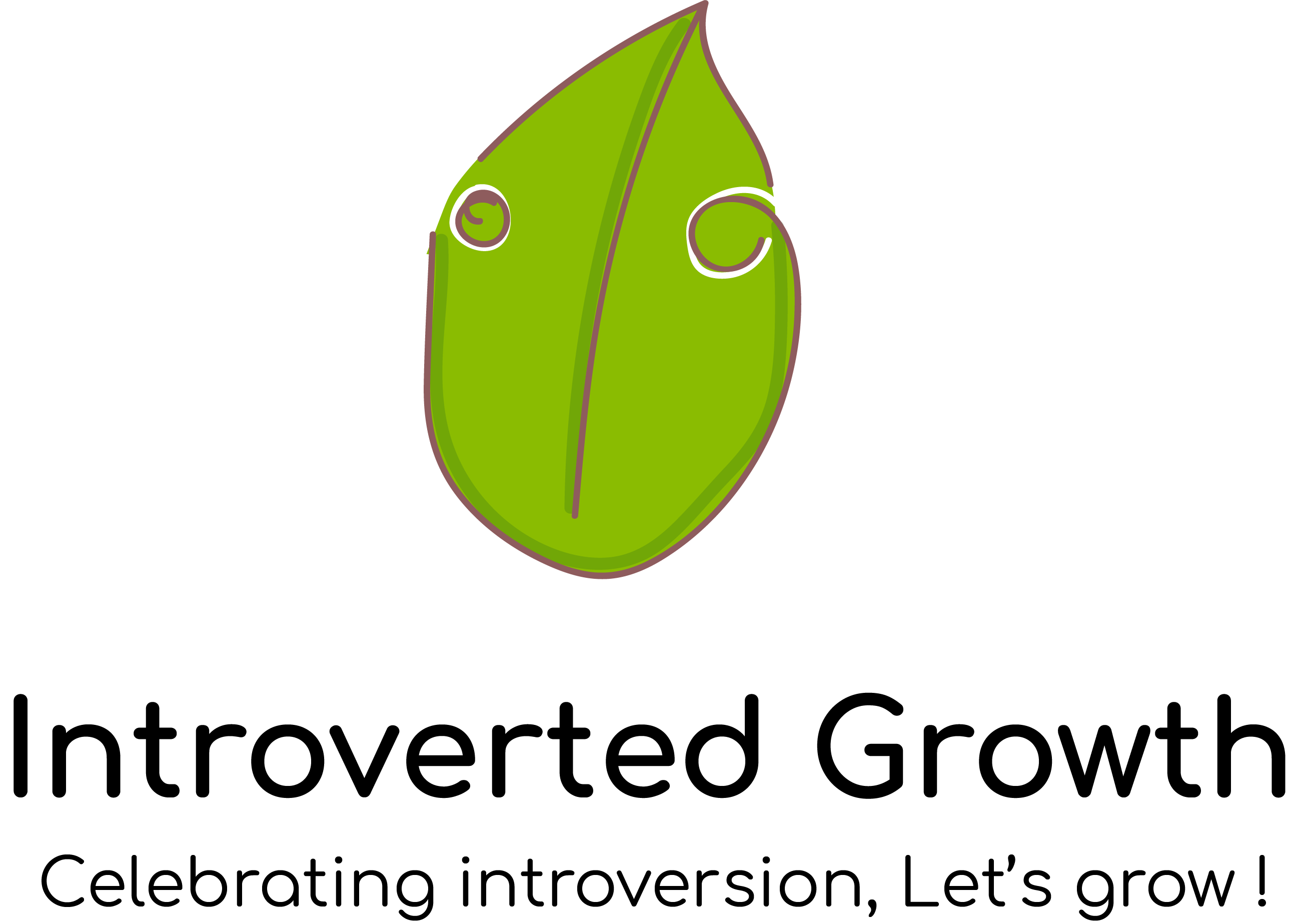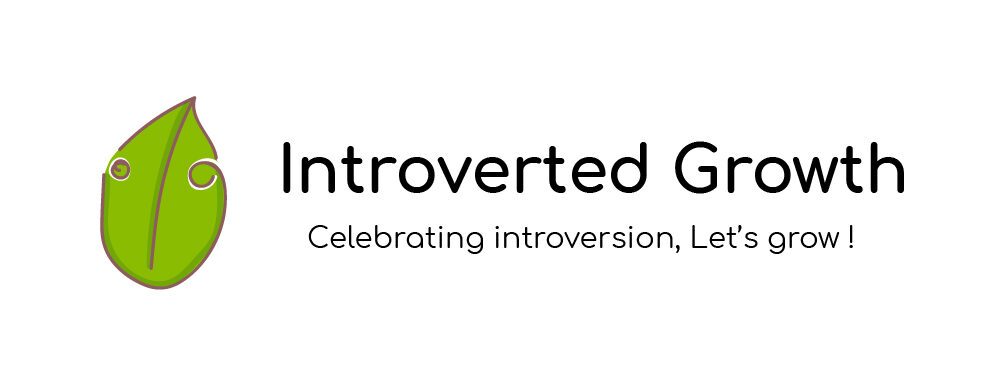This is the last article in a mini-series where I compare each function pair, the other three being: Ni Vs. Ne: Which one are you, Let me help you understand Fi Vs. Fe and 7 key differences to Se Vs. Si.
We’re going over the last of the four cognitive function pairs: Te vs. Ti: a general overview of the two functions, what types use them, and Key differences between types for better understanding, especially if you’re confused about which one you are.
The Thinking Functions
Introverted thinking (Ti) is an introverted, rational, and static decision-making function. People that use this function are more likely to prefer structure, organization, and order.
They think in terms of principles, systems, or structures which gives them an air of logic, order, and calm.
Extroverted thinking (Te) is an extroverted, rational, and dynamic decision-making function. People that use this function are more likely to be direct with their communication and are more likely to value science or objective truth, information that they can use in the real world.
They love data-based decisions and experimentation. They’re great at prioritizing and delegating to get a job done as efficiently as possible.
To understand the difference between introverted thinking (Ti) and extraverted thinking (Te), it’s important to first understand these two cognitive functions’ primary purpose.
- Te: Extroverted thinking is primarily concerned with organizing and controlling the outside world. It takes in information from the external world and organizes it.
- Ti: Introverted thinking is primarily concerned with organizing and controlling one’s own thoughts. It takes in information from one’s own thoughts and organizes it.
In simple words: Ti users make decisions based on their internal thoughts and Te users make decisions based on the objective information from the outside world.
Which personality type uses the Ti / Te function?
Ti is the dominant or auxiliary function for all “TP” types:
- Introverted Thinking(Ti) as Dominant Function: INTP, ISTP
- Introverted Thinking(Ti) as Auxiliary Function: ENTP, ESTP
Te is the dominant or auxiliary function for all “TJ” types:
- Extroverted Thinking(Te) as Dominant Function: ENTJ, ESTJ
- Extroverted Thinking(Te) as Auxiliary Function: INTJ, ISTJ
8 Key Differences Between Ti and Te Users
I’m going to add to the four differences I listed in this Ti introduction article since I’ve been reading more about cognitive functions these days.
1. Driven by internal understanding (Ti) Vs. Driven by Results.
- Introverted thinking (Ti) users are deliberate, thoughtful, and stay true to their internal beliefs. They’re not likely to jump on board or stay interested in something that doesn’t make sense to them. They’ll want to understand how a system went from A to B for it to work.
- Te users are results-oriented people who find it easier to make a decision based on the outside world. They’re more likely to go with a decision that can be demonstrated, tested, or used in the real world. They don’t care how a system goes from A to B as long as it works perfectly for its purpose.
2. Internally Focused (Ti) Vs. Externally Focused (Te)
- Introverted thinking requires an individual to use “internal” or subjective reasoning to come up with an idea. They’re more interested in what they can come up with and less interested in what is the “popular” or “normal” way to do things. Introverted thinking is about building systems within the individual’s mind rather than utilizing the outside world to create an idea or system.
- Extraverted thinkers are more focused on what is usually done in the outside world, more so than introverted thinking. They’re more interested in external information that exists outside of their own ideas. Extraverted thinking requires an individual to use “external” or objective reasoning to come up with an idea. If someone has a strong preference for extraverted thinking, they’re more likely to ask themselves questions such as “what is the most popular way?” or “what method is best for this situation?”
3. Seek Logic in Ideas (Ti) Vs. Seek Logic in Rules (Te)
- Introverted thinkers are more interested in categorizing ideas, concepts, and theories they’ve come up with depending on how logical they seem to them.
- Extraverted thinkers will be more likely to follow the logic in an outside guideline or rule that they may have come across.
4. Keep Systems Moving (Ti) Vs. Keep People Moving (Te)
- Introverted thinkers will make sure their internal belief system is what guides them after finding logic in it, and it will be hard to convince them to take other external factors into consideration
- Extraverted Thinkers are more focused on rules that keep people moving and can be less interested in the idea of what makes sense internally.
5.Internal Coherence & Consistency (Ti) Vs. External Adaptability & Versatility (Te)
- Introverted thinkers will be less interested in the outside world because they want to keep their internal world moving. They are more focused on preventing their internal world from falling apart, rather than changing their system based on outside factors.
- Extraverted thinkers will be more likely to change how they think or act based on outside forces because their main interest is the outside world.
6. Tactical Precision (Ti) Vs. Tactical Vagueness (Te)
- Introverted thinkers tend to be more precise with their thinking because they are focused on what is logical in their own heads. They’re less likely to be flexible or adaptable with how they think or act, which is why they prefer having exact plans and goals in mind.
- Extraverted thinkers will be more likely to be flexible or adaptable with their thinking because they are focused on what is logical in the outside world. They’re not as interested in having exact plans and goals, but rather a general idea of what they want to accomplish.
7. Mind Over Matter (Ti) Vs. Matter Over Mind (Te)
- Ti users are drawn to things they can imagine or think about in their heads. They want to use their imagination and creativity in order to prove an idea or build a system. They’re not as interested in what they can do in the real world and will spend more time trying to figure out what is logical to them.
- Te users are more drawn to things they can do in the real world and will spend more time trying to figure out how to logically accomplish a goal or task. They will try to focus more on the outside world than the inside world in order to come up with a solution.
8. Structured Logic (Ti) Vs. Informed Opinions (Te)
- Ti users want to use their imagination and creativity to prove an idea or build a system. They can convince you of their plans because they’re based on structured logic, not opinions.
- Te users can be swayed to change their opinions because they’re based on what is practical and efficient, rather than structured logic. Te users are more likely to follow the logic in an outside guideline or rule that they may have come across. But they have a knack for turning that outside logic into actionable plans.
CONCLUSION
Did you find this article helpful? This is just an article for people who are looking for a general reference about introverted thinking vs extraverted thinking. I hope it answered some of your questions and gave you a clear idea about the thinking functions.
Thank you for reading!






